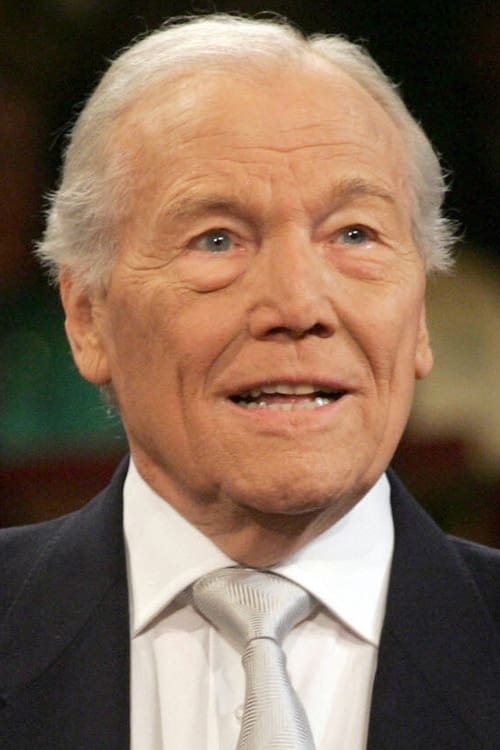
Georges Prêtre was a French orchestral and opera conductor. Prêtre attended the Douai Conservatory and then studied harmony under Maurice Duruflé and conducting under André Cluytens among others at the Conservatoire de Paris. Amongst his early musical interests were jazz and trumpet. After graduating, he conducted in a number of small French opera houses sometimes under the pseudonym Georges Dhe...
Explore all movies appearances
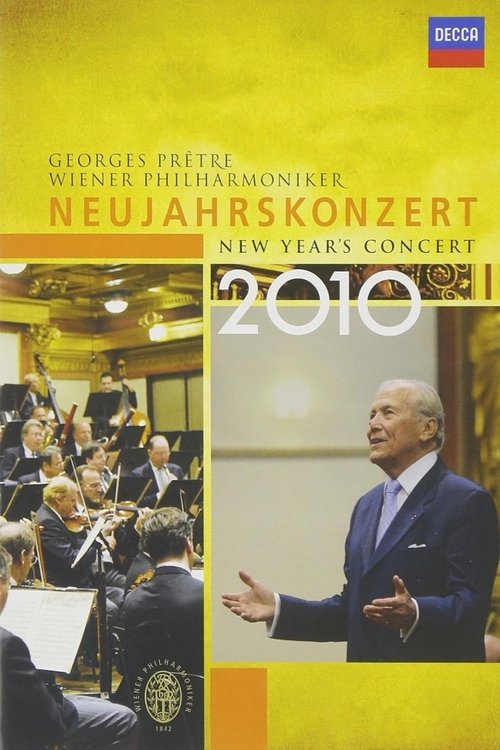
The Vienna Philharmonic Orchestra's traditional New Year Concert in 2010.
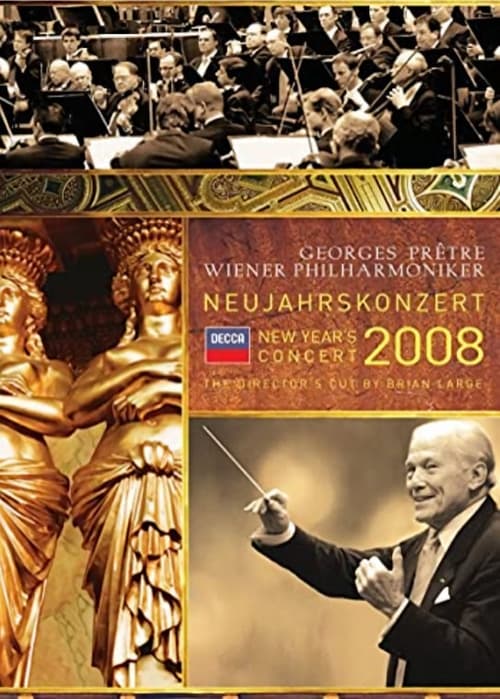
No plot available for this movie.

The story is set in southern Italy and recounts the tragedy of Canio, the lead clown (or pagliaccio in Italian) in a commedia dell'arte troupe, his wife Nedda, and her lover, Silvio. When Nedda spurns the advances of Tonio, another player in the troupe, he tells Canio about Nedda's betrayal. In a jealous rage Canio murders both Nedda and Silvio. Although Leoncavallo's opera was originally set in the late 1860's, Zeffirelli's production is updated to the period between World War I and World War II.

Franco Zeffirelli directs these two legendary La Scala productions telling tragic tales of jealousy. Mascagni's Cavalleria Rusticana features performances by Elena Obraztsova, Plácido Domingo, and Renato Bruson. Leoncavallo's I Pagliacci stars Teresa Stratas, Plácido Domingo, and Juan Pons. Both are conducted by George Pretre. This production of Pagliacci earned director Franco Zeffirelli the coveted Emmy as Best Director in the category of Classical Music Programming.
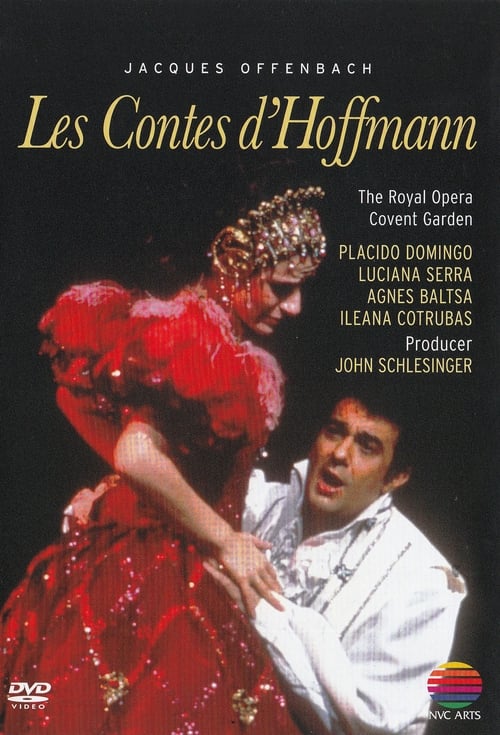
Seeking to exorcise the failure of his current love affair, the poet Hoffmann tells the tales of his three past loves - the doll-like Olympia, the high-class courtesan Giulietta, and the ambitious but delicate Antonia - and recalls how each was thwarted by the evil influence of his rival. In this production by the distinguished film director, John Schlesinger, with spectacular designs by Maria Bjornson and William Dudley, Offenbach's nightmare world is brought to life. The all-star cast is headed by Placido Domingo as Hoffmann: his three loves are Ileana Cotrubas, Anges Baltsa and Luciana Serra and the manifestations of his rival are sung by Geraint Evans, Robert Lloyd, Siegmund Nimsgern and Nicola Ghiuselev. The score, which includes such favourites as the "Barcarolle" and the "Doll's Song", is conducted by Georges Pretre.
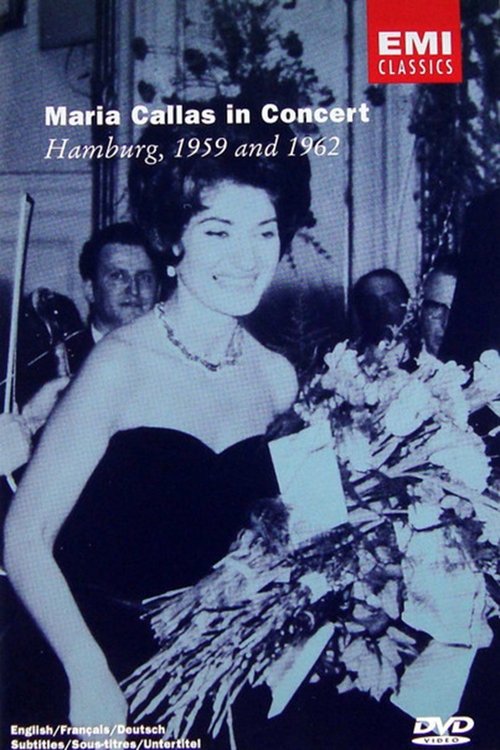
The 1959 concert finds Callas just 1 year before the loss of her voice and although her voice is not what it was in 1952 you can still hear the Vocal Miracle. The repertoire interchanges between heavy dramatic soprano (Lady Macbeth, Elisabetta), to soprano coloratura (Rosina) and to soprano dramatico d'agilita (Imogene in Pirata, Gulia). The maturity of the interpretation regarding the legatti, the phrasing is astounding and Callas dominates each aria singing them in the only possible way. "Tu che invoco" appears as a cataract of dramatic phrases in a fine classical style of this classical period opera, then Lady Macbeth appears diabolical & dark although she avoids keeping her voice in the high C, her Rosina is sparkling and facile in the coloratura as if it is a natural way of speaking and Elisabetta is where time stops: the drama in this aria holds a metaphysical aura. Finally her entire Mad Scene from Pirata shows all her talent as an actress and bel canto singer.

No plot available for this movie.
Subscribe for exclusive insights on movies, TV shows, and games! Get top picks, fascinating facts, in-depth analysis, and more delivered straight to your inbox.